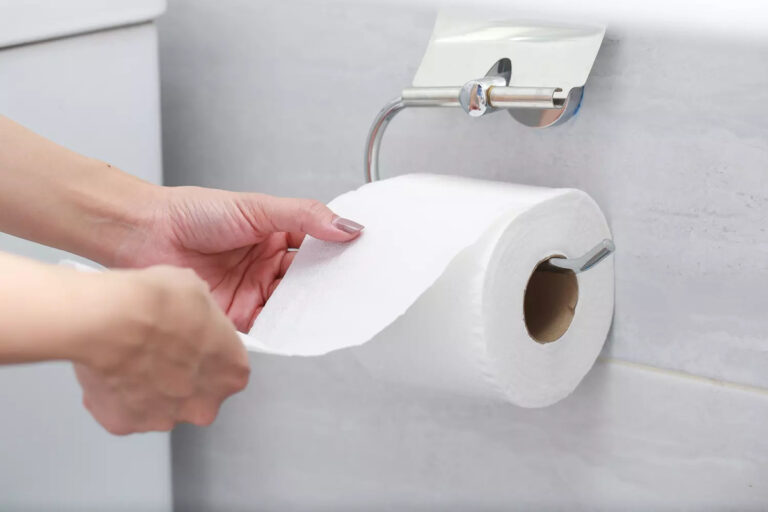Picture this: you’re in the supermarket, walking past the toilet paper aisle, only to realize it’s nearly empty. Sounds familiar, right? It happened during the pandemic when toilet paper became an almost mythical item on store shelves. But what if I told you that the days of toilet paper on supermarket shelves might be numbered? Experts are raising concerns, and the future might surprise you.
The environmental cost of toilet paper
Toilet paper has been a staple of modern life for centuries. While its exact origins are unclear, records from ancient China, dating back to the 6th century BC, mention its use. However, the modern toilet paper we know and rely on today was invented in the 19th century by Joseph Gayetty in the U.S. Fast forward to the 21st century, and toilet paper is in high demand. But, despite its convenience, the environmental impact of toilet paper is starting to draw serious attention.
The production of toilet paper involves the use of recycled paper and cellulose, but the softer varieties require a higher percentage of fresh fibers to achieve that extra smoothness. This makes the product more expensive and, unfortunately, less environmentally friendly. As a result, there has been increasing concern over the deforestation caused by the demand for paper products. Additionally, the softest types of toilet paper, which many prefer, are more resource-intensive to produce.
A growing health concern
You might think toilet paper is harmless, but recent research suggests it could be a source of potentially harmful chemicals. A study conducted by scientists at the University of Florida analyzed wastewater samples and found traces of what are known as “forever chemicals” in toilet paper. These chemicals, often referred to as PFAS (per- and polyfluoroalkyl substances), have been linked to a variety of health concerns, including cancer and hormonal disruption. With this unsettling discovery, experts are now questioning whether toilet paper is as safe as we once thought.
Looking beyond toilet paper: alternatives on the rise
Given these concerns, it’s no surprise that many are turning to alternatives. In fact, some countries have never used toilet paper as we know it. In regions like South Asia and the Middle East, it’s more common to clean up with water. In countries like Jordan, Egypt, and India, bathrooms often lack traditional toilets, and instead, people squat over a hole in the ground. Afterward, a bucket of water is used to rinse, followed by a hose for cleaning. This practice has long been considered more hygienic and sustainable.

So, if toilet paper is on its way out, what could replace it? The most likely alternatives include the bidet, a device already common in many parts of the world. Bidets can use both water and soap, providing a more eco-friendly and thorough clean. Additionally, electric bidets are becoming increasingly popular, offering even more convenience and comfort. With the rise of water-based cleaning, many are rethinking the need for toilet paper altogether.
What’s next for toilet paper?
As we face growing environmental and health concerns, it’s clear that toilet paper may not be the future we once imagined. While it remains a staple for now, its eventual decline could pave the way for more sustainable, water-based alternatives. Whether it’s the traditional bidet or newer innovations in hygiene, the transition away from toilet paper could be an important step in reducing waste and improving personal hygiene. It’s clear the future of cleanliness might just be a lot wetter than we think!




